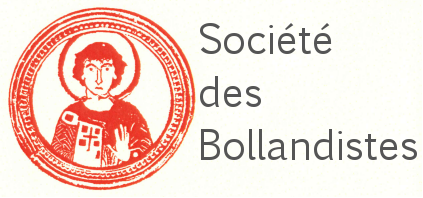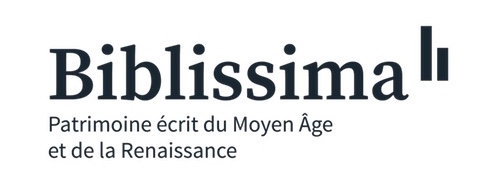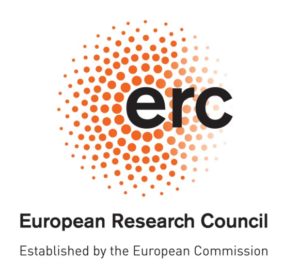Résumé :
Abstract: The present article offers a critical edition of a letter by Nikolaos Mesarites (c. 1163 – post 1216) to the archbishop of Proconnesos, through the study of the two manuscripts which reserve its text: Ambrosianus F 96 sup. [Diktyon num. 42764], of the first half of the 13th century, and Vindobonensis philologicus graecus 107 [Diktyon num. 71221], of the 16th century. The letter should be dated before 1203, when the Crusaders captured the island of Proconnesos. Mesarites thanks the archbishop for having sent him partridge eggs to his house in Constantinople. Nikolaos is fascinated by the large mumber of the partridges, and their eggs, at Proconnesos. He reports that he distributed the eggs he received to the members of his family, and that these had been a cause for quarrel during the meal, especially among the younger banqueters. Were they Nikolaos’ sons? In the concluding lines of the letter, the writer makes a request to his addressee, not without a sense of humour: if he sends him eggs again, it would better be of a single kind and colour, because otherwise there would certainly be quarrels again. As he notes, he is not a gluttonous person or someone who likes to eat alone, and he likes to share what he has with the others. That is something he shares with his addressee, whom he thanks with this letter.







